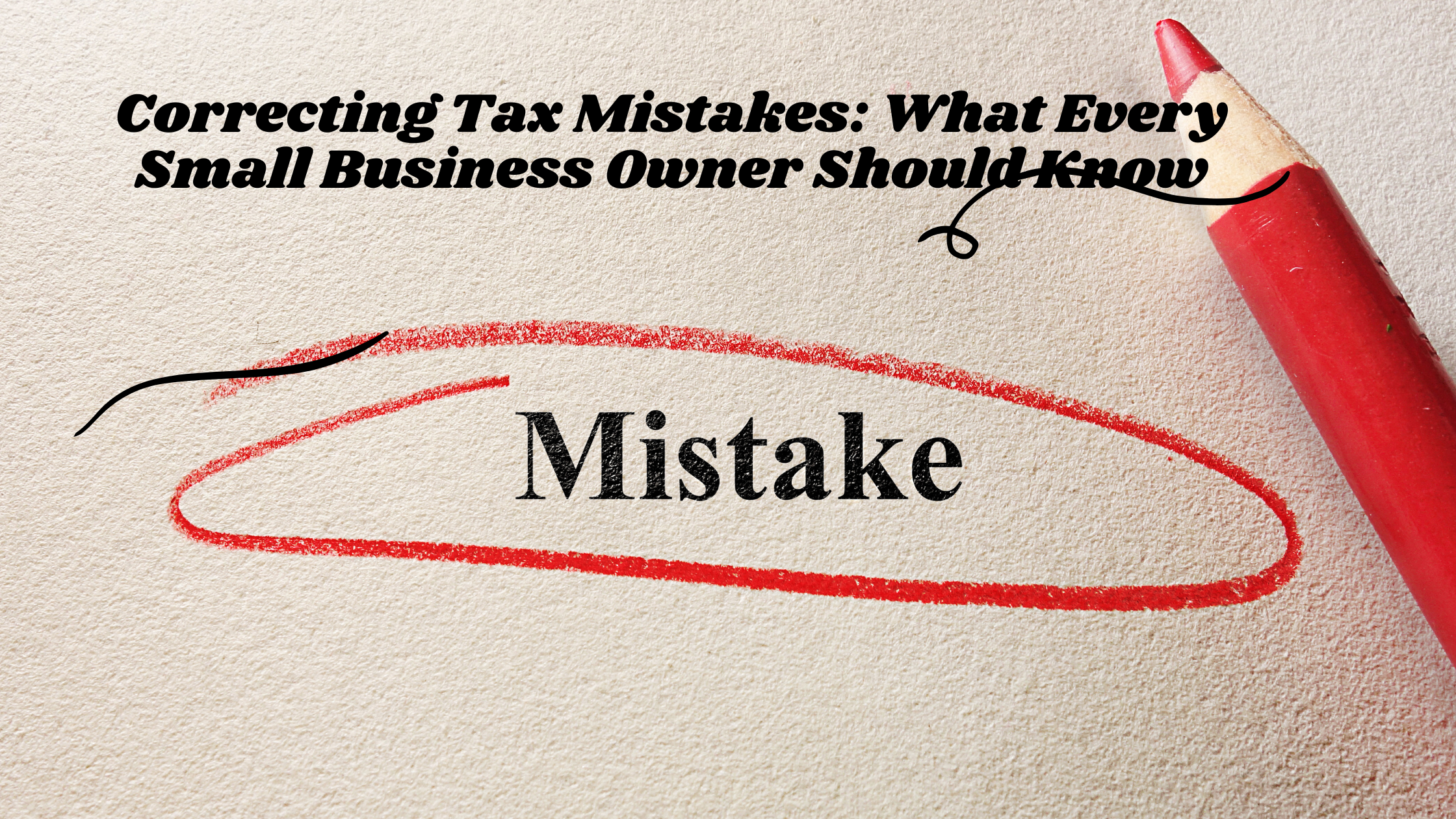Starting your own business can be an exciting prospect, but there is more to it than simply writing a business plan. Also, if you expect to have employees, there are a variety of federal and state forms and applications that you need to complete to get your business up and running. That’s where a tax professional can help. With this in mind, let’s take a look at what you need to know before you start a new business.
1. Business Entity
The first decision you need to make is determining which business entity you will use because the type of business structure you choose determines what taxes you need to pay and how to pay them, as well as which income tax return you file. The most common types of business entities are:
- Sole proprietorship – An unincorporated business owned by an individual. There’s no distinction between the taxpayer and their business.
- Partnership – An unincorporated business with ownership shared between two or more people.
- Corporation – Also known as a C corporation. It’s a separate entity owned by shareholders.
- S Corporation – A corporation that elects to pass corporate income, losses, deductions and credits through to the shareholders.
- Limited Liability Company – A business structure allowed by state statute.
2. Employer Identification Number (EIN)
Securing an Employer Identification Number (also known as a Federal Tax Identification Number) is the first thing you must do since many other forms require it. The IRS issues EINs to employers, sole proprietors, corporations, partnerships, nonprofit associations, trusts, estates, government agencies, certain individuals, and other business entities for tax filing and reporting purposes.
An EIN is used to identify a business. Most businesses need one of these numbers. A business with an EIN needs to keep the business mailing address, location, and responsible party up to date. IRS regulations require EIN holders to report changes in the responsible party within 60 days. They do this by completing Form 8822-B, Change of Address or Responsible Party, and mailing it to the address on the form.
NOTE: Even if you already have an EIN as a sole proprietor, for example, if you start a new business with a different business entity, you will need to apply for a new EIN.
The fastest way to apply for an EIN is online through the IRS website or by telephone. Applying by fax and mail generally takes one to two weeks, and you can apply for one EIN per day. There is no cost to apply.
3. Choosing a Tax Year
A tax year is defined as an annual accounting period for keeping records and reporting income and expenses. A new business owner must choose either calendar year or fiscal year defined as follows:
- Calendar year. 12 consecutive months beginning January 1 and ending December 31.
- Fiscal year. 12 consecutive months ending on the last day of any month except December.
4. State Withholding, Unemployment, Sales, and other Business Taxes
Once you have your EIN, you need to fill out forms to establish an account with the state for payroll tax withholding, Unemployment Insurance Registration, and sales tax collections (if applicable). Business taxes include income tax, self-employment tax, employment tax, and excise tax. Generally, the type of tax your business pays depends on the type of business structure. Keep in mind that you may also need to make estimated tax payments.
5. Payroll Record Keeping
Payroll reporting and recordkeeping can be very time-consuming and costly. Also, keep in mind that almost all employers are required to transmit federal payroll tax deposits electronically. Personnel files should be kept for each employee and include an employee’s employment application as well as the following:
- Form W-4, Employee’s Withholding Allowance Certificate. Completed by the employee and used to calculate their federal income tax withholding. This form also includes necessary information such as the employee’s address and Social Security number.
- Form I-9, Employment Eligibility Verification U.S. Citizenship and Immigration Services. This form verifies that an employee is legally permitted to work in the U.S.
6. Employee Healthcare
As an employer with employees, you may have certain healthcare requirements you need to comply with as well. If so, you should know about the Small Business Health Care Tax Credit, which helps small businesses (fewer than 25 employees who work full-time, or a combination of full-time and part-time) pay for health care coverage they offer their employees. The maximum credit is 50 percent of premiums paid for small business employers and 35 percent of premiums paid for small tax-exempt employers, such as charities. It is available to eligible employers for two consecutive taxable years.
If you have any questions or need help with the bookkeeping and tax function of your business, we’re here to help you! Contact us today!





